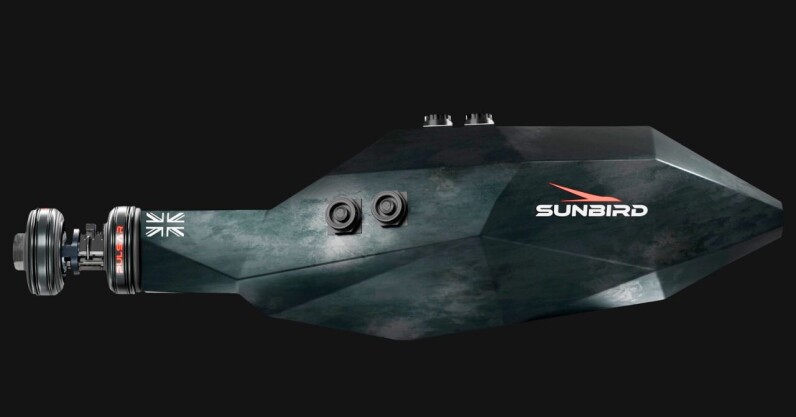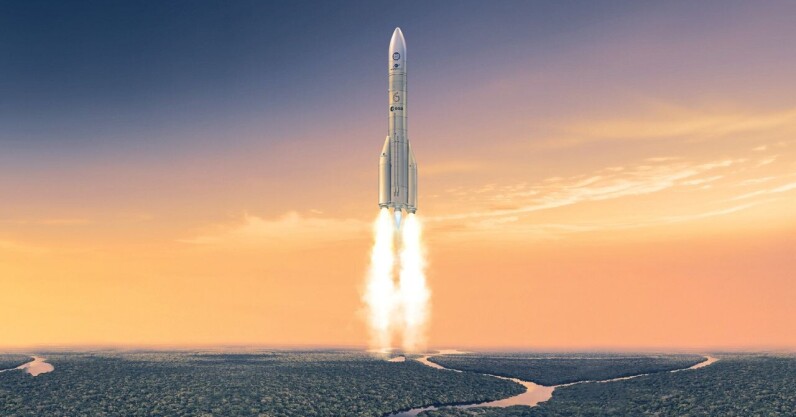Reading List
The most recent articles from a list of feeds I subscribe to.
Italy’s Starlink debate is heating up — with Elon Musk at its centre

Elon Musk’s allegiance to Donald Trump is once again stirring up controversy — this time over Starlink. The satellite internet provider, owned by Musk’s firm SpaceX, has become embroiled in a hot debate among Italian politicians, as Rome weighs its strategic alliances amid mounting tensions between Europe and the US. Italy’s right-wing League party is pushing Prime Minister Giorgia Meloni’s government to choose Starlink to provide satellite communications for government officials, citing the superiority of its technology over French rival Eutelsat. Starlink has around 6,700 active satellites in orbit, while Eutelsat has just over 600. “In the Italian interest it…
This story continues at The Next Web
Exclusive: Startup combines physics with AI to discover new green materials ’10x faster’

AI tools like ChatGPT, Gemini, or DeepSeek have radically disrupted the way we access and generate information. However, these systems are general — they are jacks of all trades but masters of none. Increasingly, though, scientists are training AI to solve very specific problems and fast-track everything from creating new drugs to designing fusion reactors. One area where they’re gaining traction is enhanced material discovery. Their advances are creating a growing range of promising startups. PhaseTree is one of them. Spun-off from the Technical University of Denmark in 2021, PhaseTree has developed a platform that integrates computer simulations, lab automation,…
This story continues at The Next Web
This fusion-powered rocket could halve the time it takes to get to Mars

Interplanetary travel might be about to get a whole lot faster — and hotter. UK startup Pulsar Fusion today unveiled “Sunbird,” a nuclear fusion-powered rocket concept that could halve the time it takes to travel across our solar system — and, maybe, beyond it. Machine learning models show the rocket could potentially propel a spacecraft with a mass of about 1,000kg (2,200lb) to Pluto in four years — less than half the time it took NASA’s New Horizons mission, which was powered by regular ion thrusters. Earth to Mars? Four months. Earth to Saturn? Two years. Rather than launch from…
This story continues at The Next Web
Europe moves to cut SpaceX reliance with Ariane 6 launch

Europe’s space launch industry reopened for business today when the Ariane 6 heavy rocket lifted off at 17:24 CET from a spaceport in French Guiana. Originally scheduled for December, the Ariane 6 mission was delayed first to February 26 and subsequently to March 3 due to issues in transporting the satellite to the launchpad. However, just minutes before Monday’s launch, engineers identified an “anomaly” in one of the refuelling pipes, postponing the launch further. Finally, Ariane 6 had its first successful commercial launch today. The milestone came seven months after the rocket’s maiden flight, which restored sovereign access to space for Europe. …
This story continues at The Next Web
Or just read more coverage about: SpaceX
Dutch women tech leaders call for stronger support for female founders

In the run-up to every International Women’s Day (IWD), new data is released on gender inequity in tech. Frequently, the findings are disheartening. This week, one report estimated that female founders in Europe secured just 12% of last year’s total VC funding. Another calculated that overlooking women-led deep tech firms over the past decade cost the economy €198.8bn. Yet there are also reasons for optimism. One is that the investment landscape is showing signs of progress. According to the Female Innovation Index, last year saw a 7% increase in round size and a 15% rise in M&A activity for tech firms…
This story continues at The Next Web